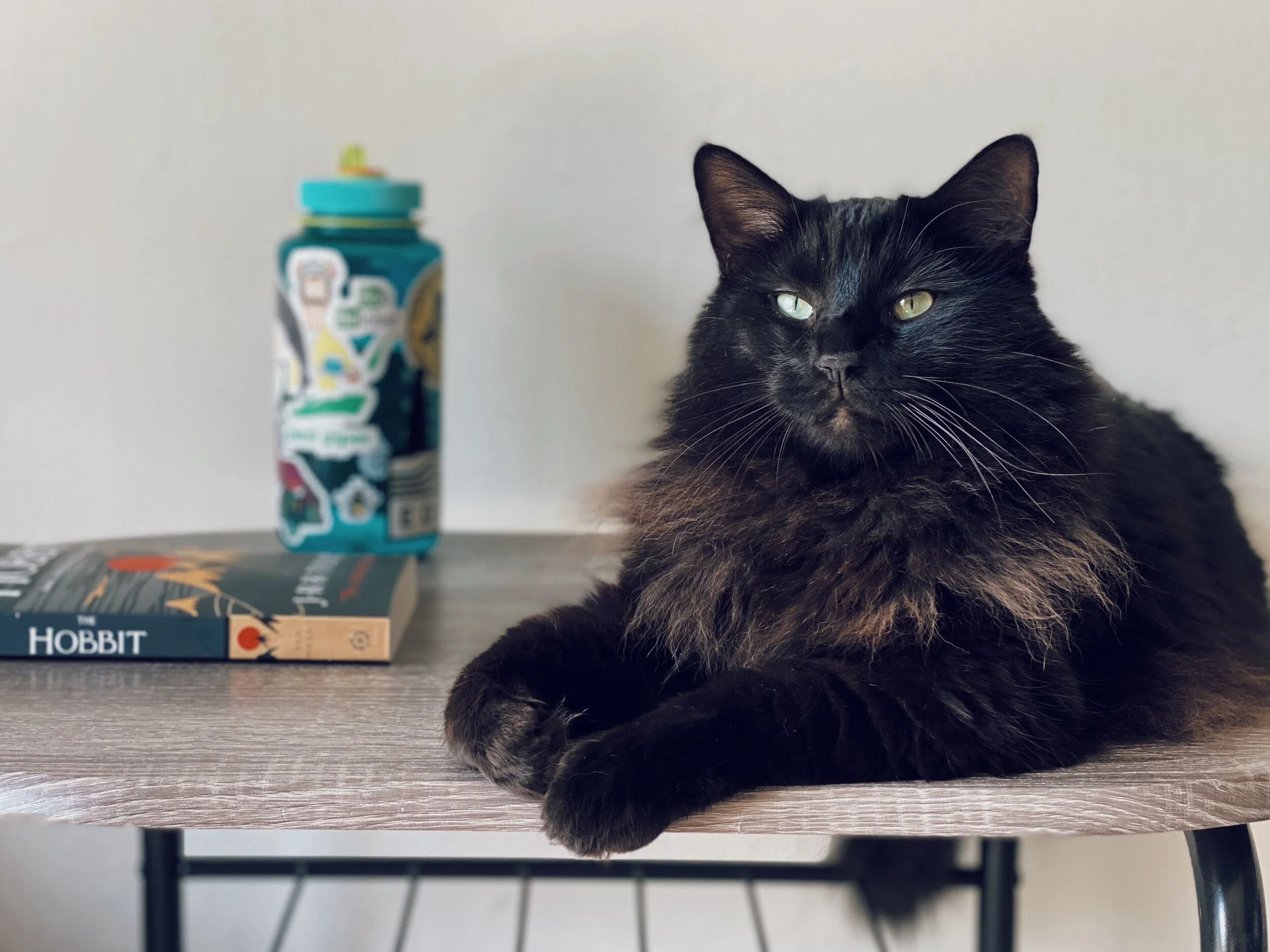How to feed a fussy pet
Some pets just “love” eating, while others prefer to sniff and take their time. Some owners may be concerned that a fussy eater will go hungry or not receive the proper nutrition they require to be healthy. There can be a variety of reasons your pet is turning up their nose to food and whilst there is no guaranteed fix to encourage your pet to eat, we have come up with a few tips and tricks to help your picky pet.
Check for illness or injury
If your pet has recently gone off their food or suddenly changed their appetite, it could be related to pain or illness, such as a toothache, stomach complications, joint pain or injury. If this is the case, it is worth visiting your vet first to rule out any health issues.
Offer encouragement
Stay with your pet when food is offered and provide positive encouragement such as patting and praising. If they won’t eat from the bowl, you can try feeding them from your hand. Once they start eating, they will usually continue voluntarily from the bowl. Always make meals a pleasant time, using positive tones, actions and encouragement along the way.
Cut back on treats
Your pet may be avoiding their dinner in hope of getting something more exciting. It can be rewarding to see our pets happy when we offer them a treat or food scraps from the table. However, pets have different nutritional needs to humans, so what we eat isn’t necessary good for them. Too many treats and food scraps can increase the risk of obesity and encourage picky behaviour. The best approach is to stop feeding your pet from the table and limit the number of treats.
Offer a complete and balanced diet
Nutrition is an important part of pet care. A complete and balanced diet is essential for your pet’s health and wellbeing. At WoofPurNay, we offer a wide range of premium pet food products to suit your pet’s individual needs. Different diets can be offered based on your pet’s unique lifestyle, age, size or health requirements. Our vets can provide you with the best advice about what diet is most suitable for your pet.
If you change your pet’s food, do it gradually
Switching your pet’s food abruptly can cause stomach upsets, such as vomiting, diarrhoea and a decrease in appetite. If you decide to change your pet’s food, you should transition them gradually to give their system time to adjust.
Start by combining your existing food with a small amount of the new food and gradually increase the amount of new food and reduce the old food. This can be done over a period of 5-7 days. If you are switching from wet to dry food, once you have transitioned you can mix a small amount of water with the dry food to make it more palatable.
If you have transitioned gradually and your pet is displaying any concerning signs such as reduced appetite, vomiting or diarrhoea, it is best to consult with your vet. In some cases, it may be necessary to choose a different diet.
A consistent feeding routine
Feed your pet in the same place and at the same time each day and try to provide them with peace and privacy to eat. Cats like to eat a good distance away from their litter tray and many also like to eat away from their water bowl. If you have more than one pet, feeding them at different times can help anxious eaters enjoy mealtime again.
Choose a suitable bowl
Metal or ceramic bowls are best as plastic bowls can disturb the flavour of your pet’s food. Cats can be fussy about the shape of their bowl, with some preferring wide, shallow bowls to prevent their whiskers touching the sides. Be sure to wash food and water dishes regularly and avoid strongly scented detergents.
Limit the time food stays out
If your pet hasn’t eaten after 30 minutes, take it away or cover it up until the next feeding time. Cats can be fussy about food that has dried out. Cats and small dogs often prefer eating smaller portions 3-4 times per day. It also helps to reduce waste if your pet doesn’t eat it all.
If you are concerned about your pets eating habits or would like nutritional advice, please call us to make an appointment on 03 8784 4444.



